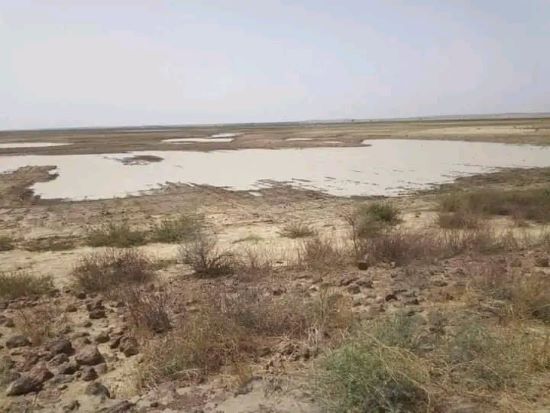Nigeria’s Minister of Women Affairs, Imaan Sulaiman-Ibrahim has highlighted the disproportionate impact of climate change on women and children, revealing that nearly 80% of climate change victims are from these groups.
The minister stated this during the ongoing United Nations Convention to Combat Desertification (UNCCD) COP16 in Riyadh, Saudi Arabia.
The minister stressed the urgent need for international organizations and development partners to focus their investments on empowering women and children, who are both highly vulnerable and integral to climate action.
In her address to world leaders and delegates, Sulaiman-Ibrahim stressed that women are critical players in global food production, with 70% of food being processed by women and 60% of smallholder farmers being women.
She advocated for women’s active involvement in land restoration, pointing out that they are already key contributors to agriculture in Nigeria, where over 70% of agricultural activities are carried out by women.
The Minister also drew attention to the severe health risks women face due to climate change, citing research showing that women using local wood or charcoal for cooking inhale the equivalent of 40 cigarette sticks per meal, exposing them to respiratory diseases and reducing their lifespan.
Sulaiman-Ibrahim noted that Nigerian women make up more than 50% of the population and, due to their extensive involvement in agriculture, hold the potential to drive the country’s green economy.
She explained that with proper support and resources, Nigerian women can leverage climate action opportunities to foster economic resilience.
The Minister further explained that the challenges of land degradation and desertification go beyond environmental degradation, threatening the very foundation of communities, economies, and health.
These issues, she said are especially pronounced in Nigeria’s six geopolitical zones, contributing to a devastating cycle of poverty and insecurity.
According to her, the Northeast, where proximity to the Lake Chad Basin has intensified climate change impacts and conflict, forcing millions of people to flee their homes.
Women and children, who make up 80% of displaced populations, face heightened risks of sexual and gender-based violence, forced early marriages, interrupted education, and deepened poverty.
In regions like the Northwest, desertification is undermining agriculture and water resources, while the Niger Delta is grappling with rising sea levels, coastal erosion, and biodiversity loss. In the Southeast, gully erosion continues to displace thousands and devastate farmland.
The Minister further commended Nigeria’s President, Bola Ahmed Tinubu, for the country’s significant progress in climate action, including the signing of the Climate Change Bill into law and the establishment of the National Council on Climate Change (NCCC).
She also lauded the launch of Nigeria’s Energy Transition Plan and the NDC Implementation Framework for 2023-2030, aimed at addressing climate change through mitigation, adaptation, and innovation.
Sulaiman-Ibrahim concluded by stressing the need for women’s empowerment in climate action, describing it as a catalyst for innovative solutions and community resilience.
She therefore called for providing women with the necessary platforms and tools to actively participate in combating climate change, emphasizing that their involvement is critical to achieving sustainable development goals.


